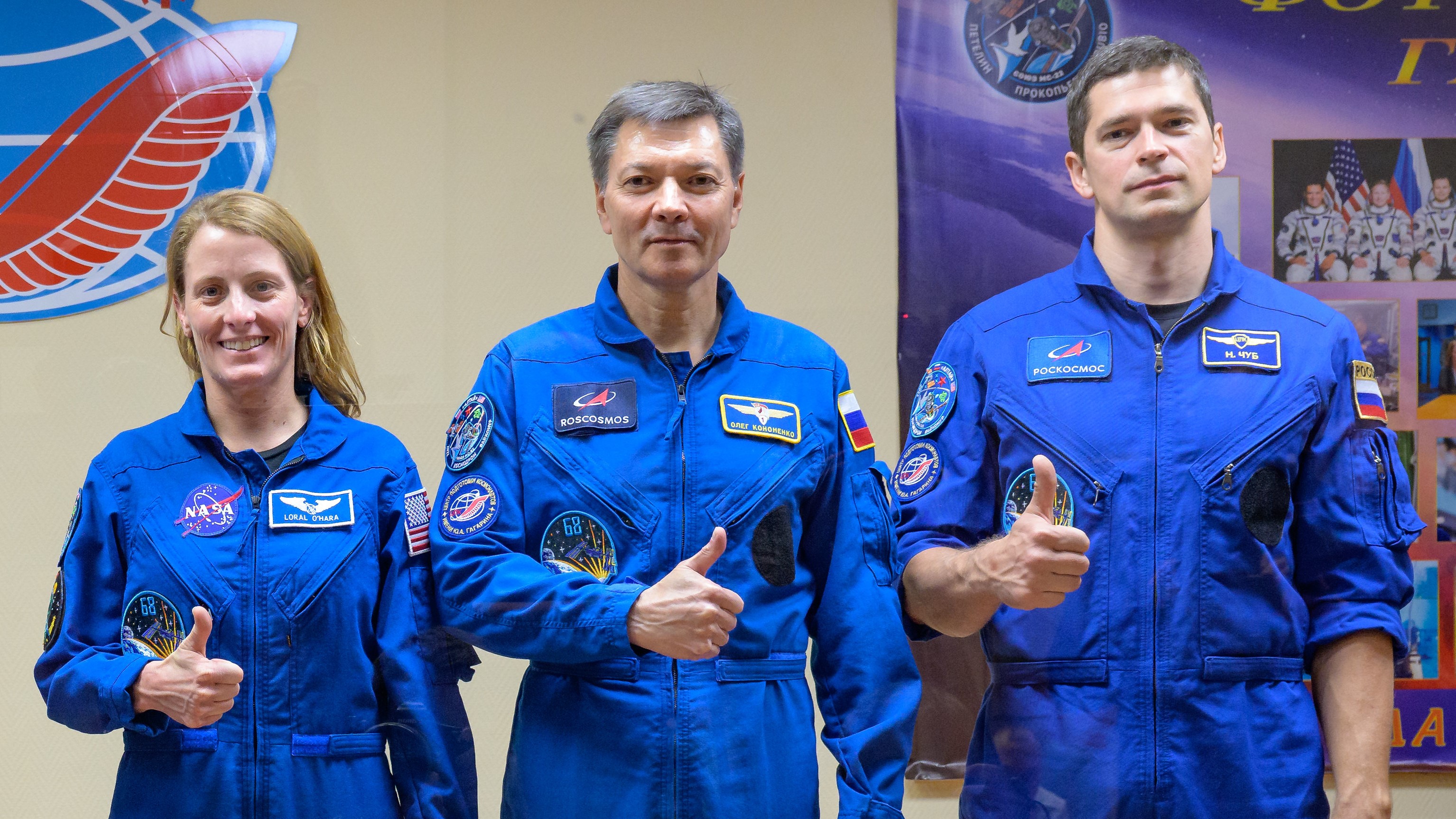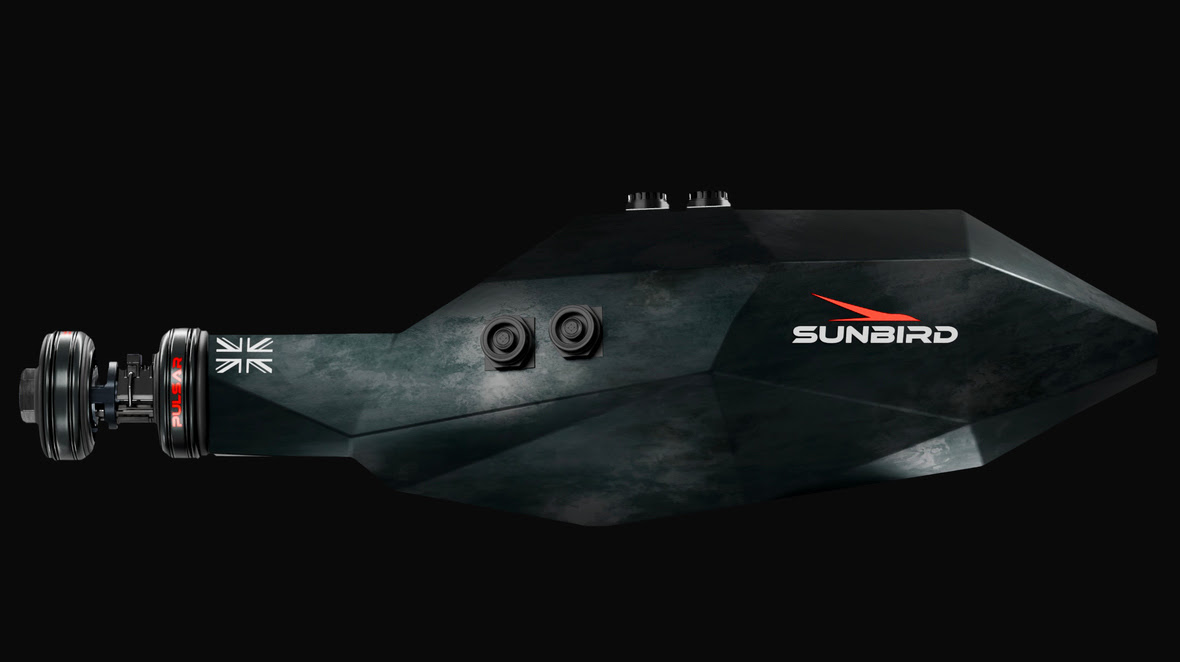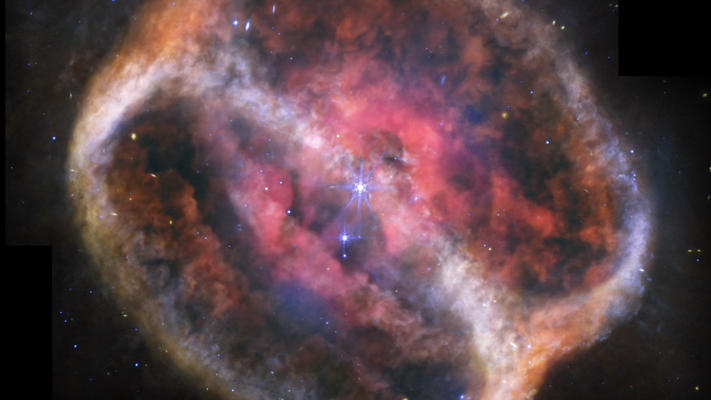Watch NASA astronaut Loral O'Hara and 2 cosmonauts launch to the ISS on a Russian rocket today
They will replace a crew staying on board for more than a year.
Update for 12:14 p.m. EDT: A Russian Soyuz rocket has successfully launched the MS-24 Soyuz capsule and its crew of 3 into orbit. Read our full story and see launch video and photos.
A NASA astronaut and two Russian cosmonauts will launch to space later today (Sept. 15), and you can watch live.
NASA astronaut Loral O'Hara, alongside Russian counterparts Oleg Kononenko and Nikolai Chub, will launch aboard a Soyuz spacecraft to the International Space Station. Launch is scheduled for 11:30 a.m. EDT (1530 GMT or 8:30 p.m. local time at the Baikonur Cosmodrome in Kazakhstan.)
You can watch the launch live here at Space.com, courtesy of NASA Television. Coverage starts about 45 minutes before launch. The crew will then make one of the fastest-ever trips to the ISS, potentially arriving as soon as 2:56 p.m. EDT (1856 GMT). We will also carry that coverage live, from NASA. Hatch opening will follow around 4:45 p.m. EDT (2045 GMT) as the Soyuz astronauts join the Expedition 69 crew already on station.
Related: NASA astronaut Loral O'Hara ready for Soyuz launch to relieve delayed crew in space

The trio will launch aboard the MS-24 spacecraft as a relief crew for NASA astronaut Frank Rubio and Roscosmos' Sergey Prokopyev and Dmitry Petelin. Rubio and his colleagues were already scheduled for a six-month mission, which was delayed to a year following a leak in their own Soyuz spacecraft (MS-22) in December 2022.
The agencies eventually decided to rapidly send up an empty replacement vehicle, MS-23, which safely arrived in February. But prior to the leak, MS-23 was supposed to hold O'Hara and her relief crew, who were still in training at the time of its faster-than-expected launch. For Rubio and his crewmates, coming home required an even longer wait until the new MS-24 and O'Hara's crew would be ready this month to relieve them.
Get the Space.com Newsletter
Breaking space news, the latest updates on rocket launches, skywatching events and more!
In the meantime, Rubio, Prokopyev and Petelin unintentionally set records. At an expected 371 days in space (assuming a Sept. 27 landing), they are the first crew to spend more than a year on the ISS. And only four people have spent longer in space than that, all cosmonauts who visited the Soviet-era Mir space station for as long as 427 days.
NASA has emphasized the importance of having backup vehicles in case of emergencies like this. The agency had a backup plan to bring Rubio home in an already docked SpaceX Dragon vehicle (putting Rubio in a temporary seat installed below four seats already occupied by other astronauts); Rubio's Russian crewmates would have taken the broken Soyuz, as two humans would not heat up the spacecraft as rapidly as three. But that scenario was not required after MS-23 arrived.
NASA and the Russians regularly exchange astronauts to fly on each other's vehicles; O'Hara's was part of a set of four announced in mid-2022.
Join our Space Forums to keep talking space on the latest missions, night sky and more! And if you have a news tip, correction or comment, let us know at: community@space.com.

Elizabeth Howell (she/her), Ph.D., was a staff writer in the spaceflight channel between 2022 and 2024 specializing in Canadian space news. She was contributing writer for Space.com for 10 years from 2012 to 2024. Elizabeth's reporting includes multiple exclusives with the White House, leading world coverage about a lost-and-found space tomato on the International Space Station, witnessing five human spaceflight launches on two continents, flying parabolic, working inside a spacesuit, and participating in a simulated Mars mission. Her latest book, "Why Am I Taller?" (ECW Press, 2022) is co-written with astronaut Dave Williams.









